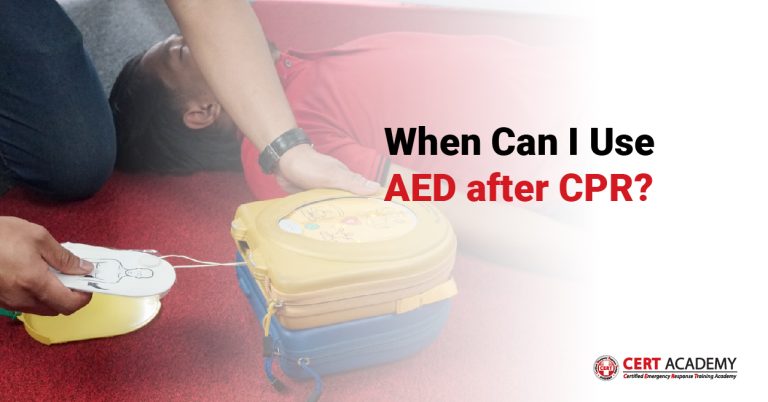Call Us +603-8066 8665
Changing Stigma Towards AIDS Patients: The Role of First Aid Training in Malaysia
Acquired Immunodeficiency Syndrome (AIDS) has been one of the most stigmatized medical conditions in recent history. The fear and discrimination associated with AIDS patients have persisted for decades, leading to social isolation, mental health issues, and delayed medical treatment. However, in recent years, there has been a significant shift in attitudes toward AIDS patients in Malaysia, thanks in part to initiatives that promote first aid training and awareness. This essay explores how first aid course in Malaysia have played a pivotal role in changing the stigma associated with AIDS patients.

- First Aid Training and AIDS Education
First aid training programs in Malaysia have expanded their focus beyond just teaching basic life-saving skills. They now include comprehensive modules on health awareness, disease prevention, and, crucially, information about AIDS and HIV. These courses are designed to equip individuals with the knowledge and skills needed to respond to medical emergencies, including situations involving AIDS patients.
- Reducing Misconceptions: First aid training has helped dispel myths and misconceptions about AIDS transmission. Participants learn that AIDS cannot be transmitted through casual contact, like shaking hands or sharing utensils, which has been a common source of discrimination.
- Promoting Empathy: By providing insights into the experiences of AIDS patients, first aid courses foster empathy among participants. Understanding the challenges faced by AIDS patients helps reduce stigmatization.
- Destigmatizing AIDS through Education
First aid courses have become a platform for education on AIDS-related issues. This approach encourages people to seek accurate information and challenge the prevailing stigmatization of AIDS patients.
- Highlighting the Importance of Early Intervention: First aid training emphasizes the critical importance of seeking medical help promptly during emergencies. This message extends to AIDS patients, promoting timely diagnosis and treatment, which can also help prevent the spread of the virus.
- Creating a Supportive Environment: As part of first aid courses, participants learn how to create a supportive and inclusive environment for individuals with various medical conditions. This knowledge extends to AIDS patients, fostering a sense of community and acceptance.
- First Aid Courses in Malaysia: An Inclusive Approach
In Malaysia, first aid courses have evolved to incorporate a more inclusive approach that caters to the specific needs of AIDS patients and addresses the stigma associated with the disease.
- Cultural Sensitivity: First aid courses in Malaysia recognize the importance of cultural sensitivity when dealing with AIDS patients. This approach respects the diverse cultural and religious backgrounds of individuals and promotes understanding and acceptance.
- Integration of Mental Health: Stigma against AIDS patients often leads to mental health issues. First aid courses in Malaysia now include modules on mental health awareness and support, addressing the psychological impact of AIDS-related stigma.
- Basic First Aid Malaysia: A Catalyst for Change
The Basic First Aid Malaysia initiative has been instrumental in changing the perception of AIDS patients in the country. This program not only equips Malaysians with essential first aid skills but also fosters compassion and empathy.
- Community Engagement: Basic First Aid Malaysia has actively engaged with local communities, schools, and workplaces to promote first aid training and raise awareness about AIDS. This grassroots approach has helped break down barriers and reduce stigma.
- Advocacy and Public Awareness: Through public advocacy and awareness campaigns, Basic First Aid Malaysia has contributed to changing societal attitudes toward AIDS patients. These efforts encourage open dialogue and acceptance.
In conclusion, the changing stigma towards AIDS patients in Malaysia can be attributed, in part, to the incorporation of AIDS education within first aid training programs and courses. By dispelling myths, promoting empathy, and fostering a supportive environment, these initiatives have contributed significantly to reducing discrimination against AIDS patients. Furthermore, programs like Basic First Aid Malaysia have played a pivotal role in advocating for a more inclusive and compassionate society. As Malaysia continues to progress in its approach to AIDS awareness, the stigma surrounding the disease will hopefully continue to diminish, paving the way for a more inclusive and accepting society.



